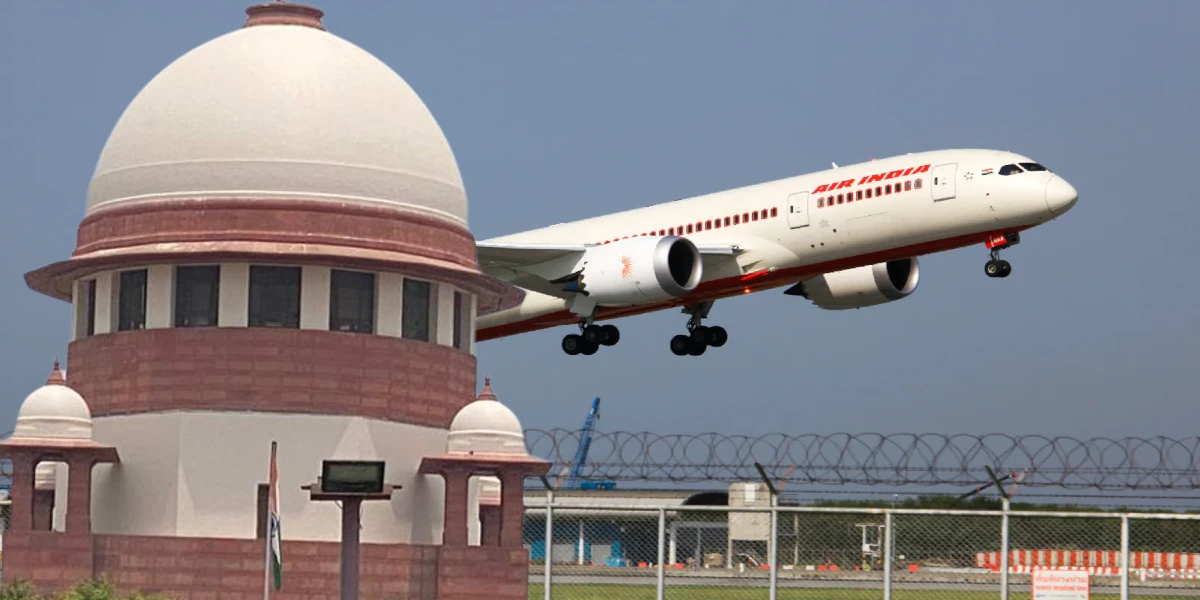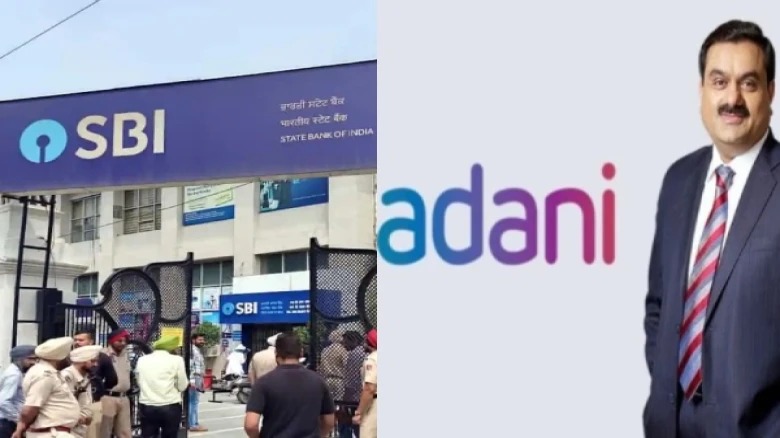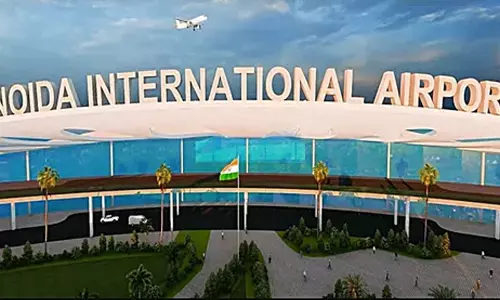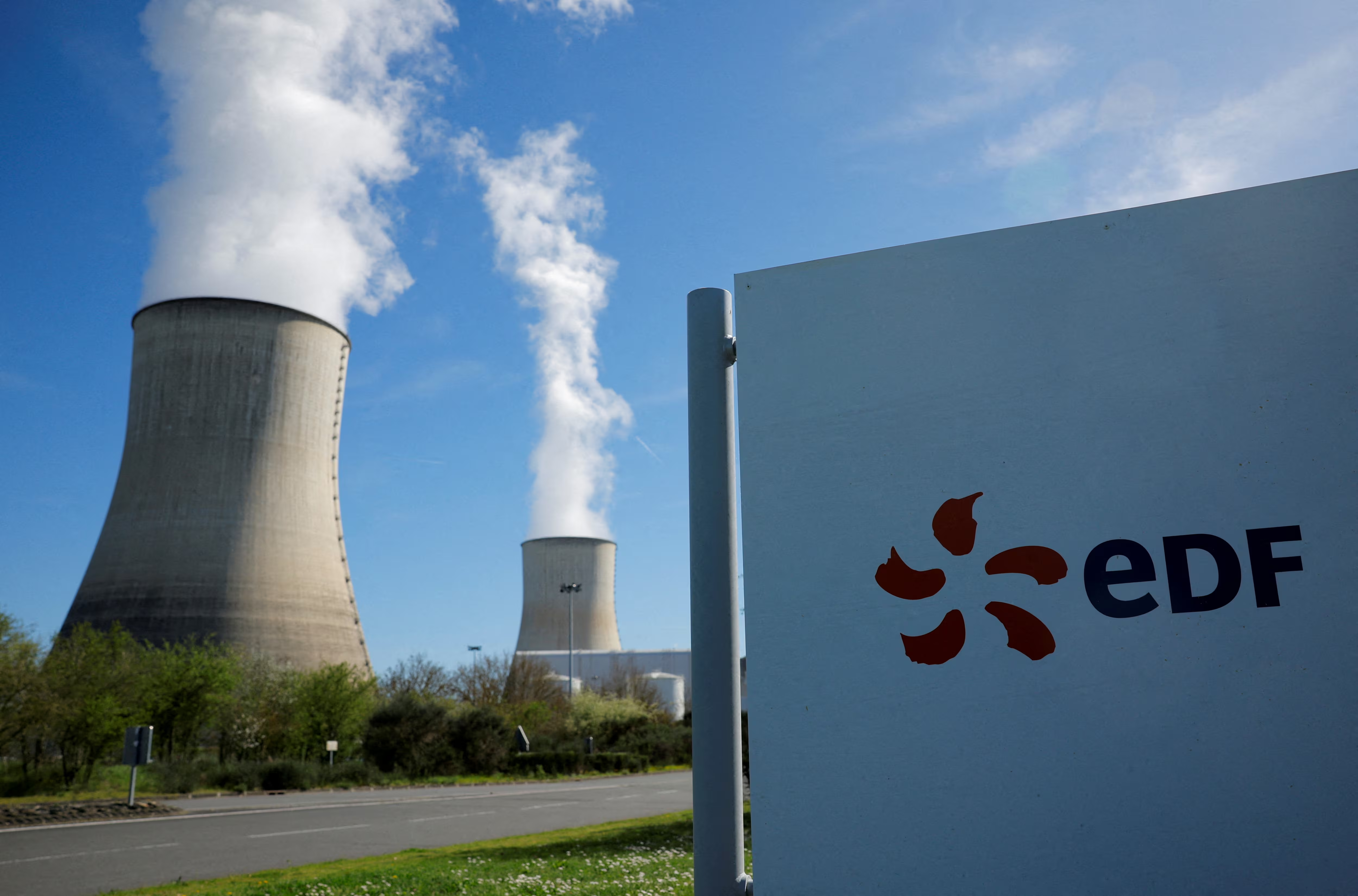 Image Source: The Law Advice
Image Source: The Law Advice
India’s Supreme Court has taken a crucial step in the investigation of the recent Air India plane crash, directing the central government to respond to a Public Interest Litigation (PIL) seeking an independent and impartial inquiry into the tragic accident. The court has further announced that it will hear the petition and examine the merits of the plea in the coming sessions, underscoring the judiciary’s commitment to transparency and accountability in aviation safety matters.
Key Highlights:
The Supreme Court bench, headed by the Chief Justice of India, emphasized the need for a fair, transparent, and independent investigation to establish the facts surrounding the Air India crash, which resulted in significant loss of life and property.
Petitioners in the case raised concerns about potential conflicts of interest in ongoing inquiries conducted by internal or government-affiliated agencies, advocating for an autonomous commission or inquiry panel free from possible bias.
The court sought the government’s detailed response on the measures taken so far, steps to ensure the safety of passengers, and the feasibility of launching an independent probe.
This directive comes amid rising public demand for accountability and assurances that all factors, including technical failures, human error, and regulatory oversight, will be explored thoroughly.
Legal representatives for the petitioners argued that an independent investigation would boost public confidence in the aviation sector and facilitate unbiased recommendations to prevent future disasters.
The Supreme Court’s involvement highlights judicial oversight as a critical mechanism to ensure that regulatory bodies adhere to the highest standards in probe conduct and aviation safety.
The government is expected to present its position on the inquiry framework, balancing national security, investigative efficacy, and transparency.
This judicial mandate aligns with evolving global best practices where independent accident investigations by authorized bodies are standard to maintain public trust.
Market and Regulatory Implications:
The Supreme Court’s call for government accountability reinforces pressure on aviation authorities and Air India to uphold stringent safety norms and improve crisis response protocols.
The verdict and outcome of the inquiry could have far-reaching consequences for aviation policies, insurance frameworks, and operational standards within the Indian civil aviation domain.
A credible, independent investigation is anticipated to pave the way for systemic reforms, technological upgrades, and enhanced training programs to mitigate risks.
In summary, India’s top court’s decision to hear the plea for an independent probe into the Air India crash is a landmark development underscoring the necessity of transparent, unbiased investigations in safeguarding public interest and aviation safety.
Sources: Supreme Court of India official statements, Ministry of Civil Aviation India, Press Information Bureau, The Hindu, NDTV India (September 2025)
Advertisement
Advertisement






